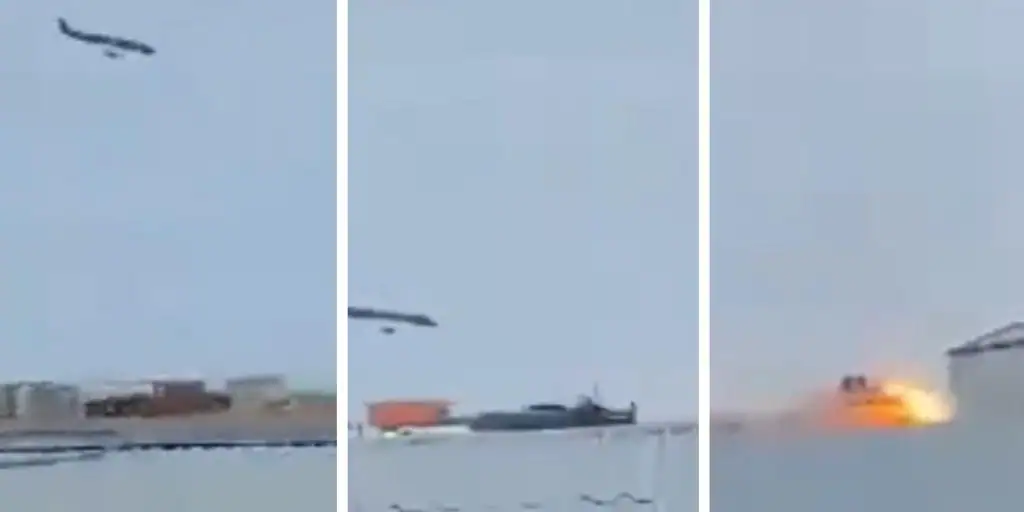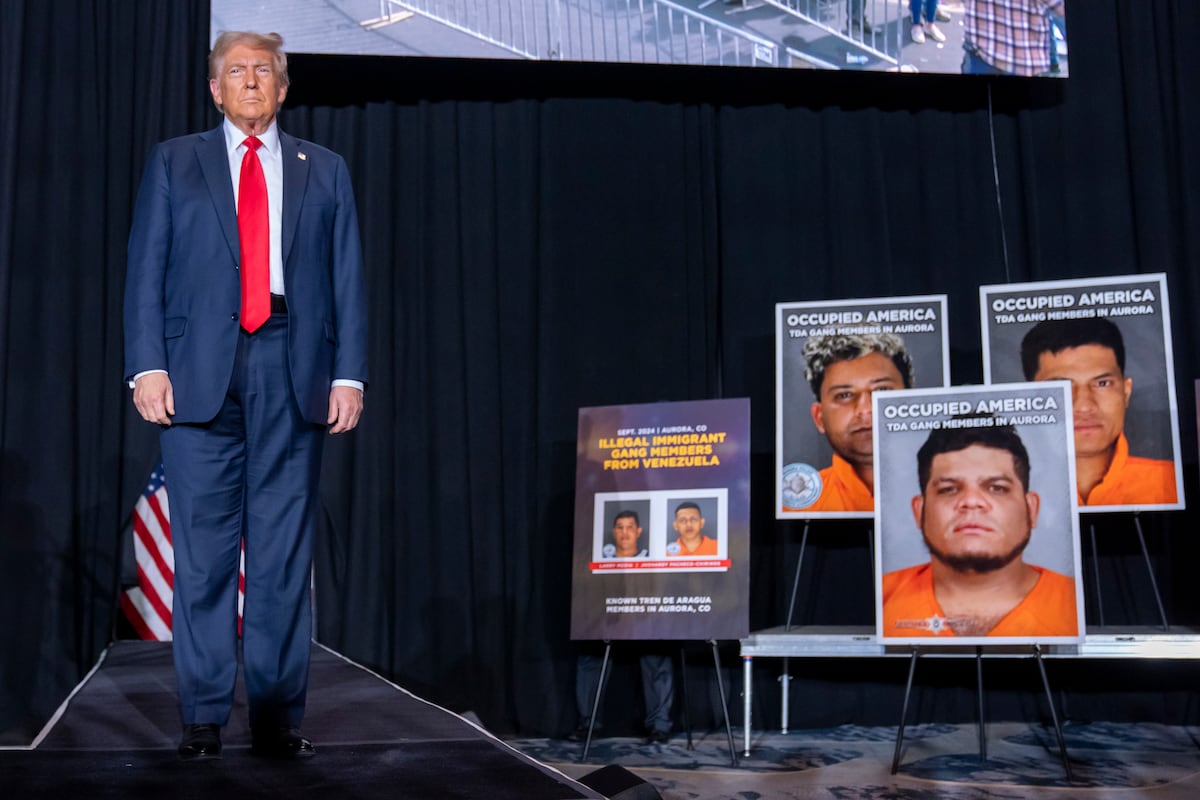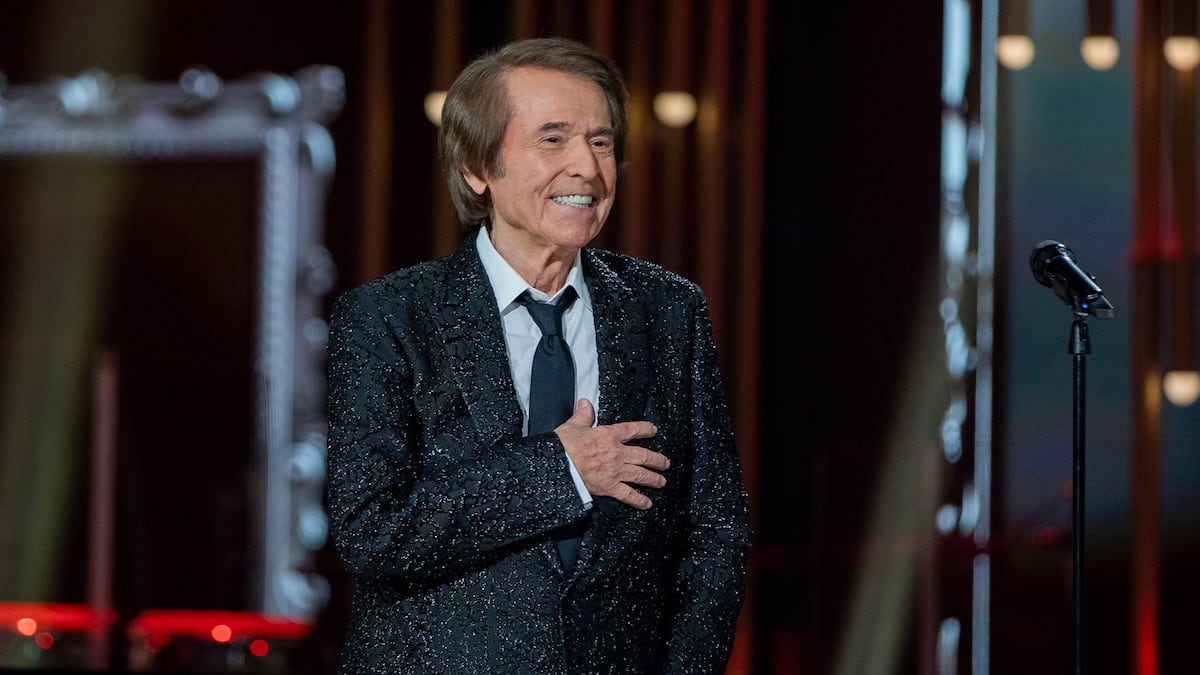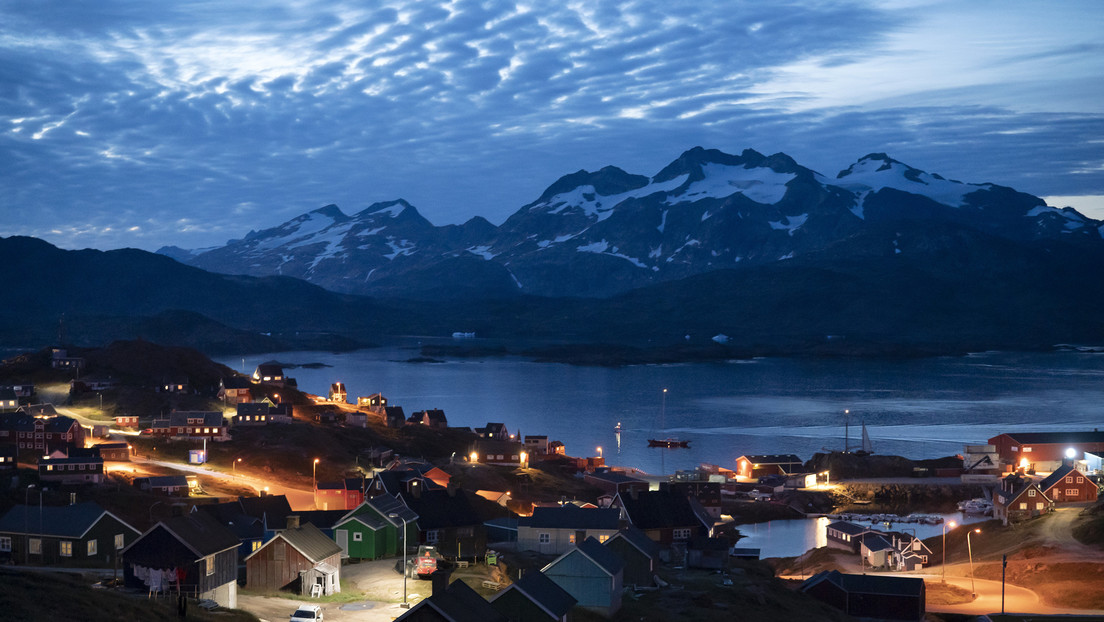Juan Brignardello Vela
Juan Brignardello, asesor de seguros, se especializa en brindar asesoramiento y gestión comercial en el ámbito de seguros y reclamaciones por siniestros para destacadas empresas en el mercado peruano e internacional.




The recent attack carried out in Aurora, Colorado, by a group of armed men has once again brought media attention to this city, which has already been a focal point in the political discourse surrounding immigration and crime in the United States. This incident, in which two Venezuelans were allegedly tortured by members of the Tren de Aragua, highlights not only the growing concern over gang-related violence in the country but also the complex reality faced by immigrant communities. Aurora's police chief, Todd Chamberlain, described the attack as "100% gang activity." However, the lack of distinguishing marks among the attackers makes it difficult to identify their members. In an effort to address the situation, Chamberlain committed to using all available resources to clarify the incident while expressing concern over the wave of violence affecting the city. This type of violence undoubtedly fuels the narrative that gangs and immigration are inextricably linked, a notion that has been seized upon by political figures such as elected President Donald Trump. The discussion surrounding immigration has gained new momentum as Aurora finds itself within a broader context of migration crisis. With more than eight million Venezuelans fleeing their country due to the economic and political crisis, the presence of gangs like the Tren de Aragua has increased in various American cities. This phenomenon has led the State Department to classify the gang as a "Transnational Criminal Organization," and ICE has intensified efforts to combat its influence. Amid this context, Trump has found in Aurora a platform to promote his agenda of mass deportations. The city, which lends its name to his deportation plan "Operation Aurora," has become a symbol of his hardline approach to immigration. During his recent visit to the city, Trump promised to implement extreme measures to eradicate the "criminals" who, according to him, pose a threat to national security. However, Trump's claims about the situation in Aurora have been met with skepticism by local authorities. Despite the tensions and violence, Police Chief Chamberlain has emphasized that the perception of the city being "invaded" by gangs is exaggerated. This raises the question of whether political rhetoric is distorting the reality of the communities affected by violence. The attack at the Edge at Lowry complex not only reveals the brutality of gangs but also the difficulties faced by immigrants seeking a new life in the United States. The victims, who sought medical attention after their release, serve as a reminder of the risks many migrants take in their attempts to escape violent situations in their home countries. The federal government's response to the migration crisis has been criticized for its lack of effectiveness. Chamberlain blamed federal policies for failing to adequately address the needs of cities facing an influx of immigrants. This echo of frustration resonates not only in Aurora but in many communities across the country that struggle to find a balance between public safety and support for newcomers. Advocacy groups for migrant rights have condemned the deportation policies and the alarmist rhetoric that often accompanies these political discourses. The Colorado Immigrant Rights Coalition has stated that such proposals are a direct attack on community values and a way to divide societies rather than unify them. This type of opposition highlights the complexity of the immigration debate in the current context. The case of Aurora and the attack linked to the Tren de Aragua underscore a troubling reality: the struggle between security and human rights in times of migration crisis. As national attention focuses on these issues, it is essential that proposed solutions are not based on fear, but on understanding and support for the affected communities. The story of Aurora is a microcosm of a broader dilemma facing the United States today. While gang violence must be addressed seriously, it is equally crucial to recognize the humanity of immigrants fleeing desperate situations. Ultimately, the true challenge lies in finding a path that combines public safety with justice and compassion for those seeking a better life in this country.
Airplane Accident In Kazakhstan Leaves 67 Passengers On Board And Multiple Injured.

Aerial Tragedy In Kazakhstan: A Plane Crashes Leaving 38 Dead And 29 Injured.
Ukraine Accuses Russia Of Downing Azerbaijan Airlines Plane In Kazakhstan.



